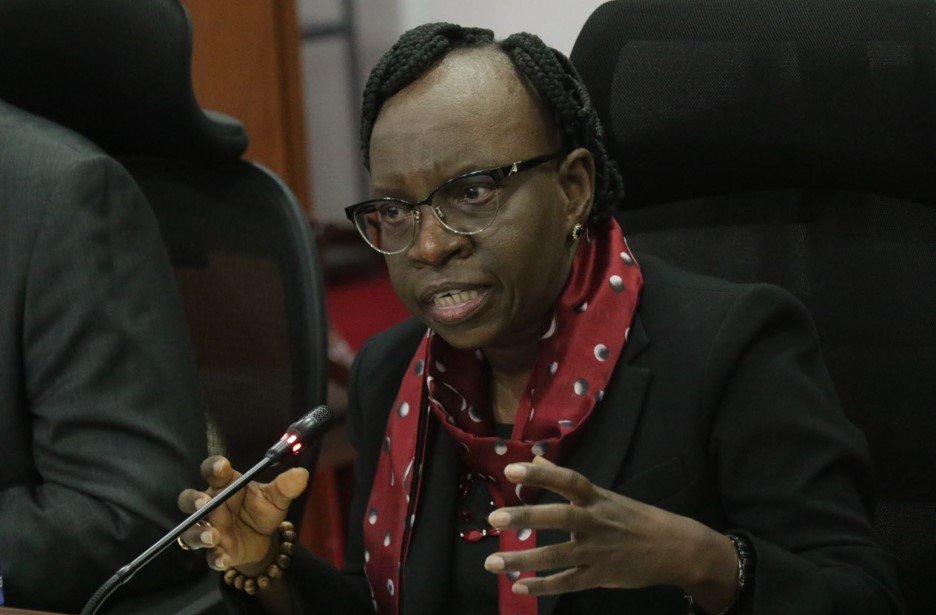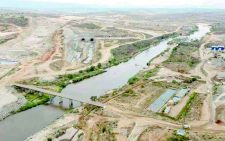Audit queries procedure in Lapsset land compensation

Mercy Mwai @wangunmarci
The compensation for the compulsory acquisition of land to pave way for the construction of the multi-million shilling Lamu Port-South Sudan-Ethiopia-Transport (Lapsset) corridor project was done without due diligence being conducted, a new report shows.
A special audit by Auditor General Nancy Gathungu reveals that the National Land Commission (NLC) paid out Sh2.6 billion to 245 people affected by the project, without carrying out any search at the Lands Registry to determine whether the piece of land was public or private.
The special audit could also not give an assurance that the awards were done in a fair and equitable manner, as valuation reports were not availed to prove that the compensations were done in a transparent manner.
Ownership confirmation
“NLC received a total of Sh2,578,362,602 in regard to compulsory acquisition of land for the project.
As at June 30, 2017, NLC had paid a total of Sh2,124, 794,128 to 245 affected persons without evidence of confirmation of ownership and lawful occupation, contrary to the Lands Act, which requires that payment of compensation shall be made only upon the exercise of due diligence which shall include final survey, determination of acreage, boundaries, ownership and value,” reads the report in part.
The report tabled at the National Assembly last week, also raises concerns that the schedules supporting the payment were unreliable, as they did not indicate the area and in some cases missed details of plot numbers acquired.
The report also notes that there was no evidence of a notice of intention to acquire parcels of land contrary to Section 6 (2) of the Land Acquisition Act, that required the Commissioner of Lands to cause a notice, that the government intends to acquire the land to be published in a Gazette Notice.
Although NLC explained that survey and demarcation of land for the construction of the port was carried out by the Ministry of Lands, the report raises concerns that there was however no evidence availed to support the assertion.
NLC was supposed to formalise the compensation process by issuing a 14 days’ notice stating that all land to be compulsorily acquired shall be geo- referenced and authenticated by the office or authority responsible, for survey at both the national and county government.
Project status
The special audit notes that ownership and lawful occupation in regard to the two years’ prescription was not done.
Lands Act provides that if the market value of land has been increased by reason of an improvement made by the owner, within two years before the date of publication in the Gazette Notice of intention to acquire the land, unless it is proved that the improvement was made bona fide and not in contemplation of proceedings for the acquisition of the land, the increase shall be disregarded.
In January this year, the project was adopted as an African Union project and redesigned to link the Lamu port on the eastern African Coast of the Indian Ocean to Douala port in the western Africa Atlantic Ocean.
Adoption meant that the project is now under the African Union and elevates the project’s status to attract foreign direct investment and other financiers compared with its status during the launch in 2012.
The project is being undertaken jointly by the Lapsset Corridor Development Authority and 11 government agencies.
It comprises roads, railways, ports, pipelines and special economic zones, to be implemented in two phases, starting with the Lamu-Isiolo-Addis Ababa to Djibouti by road and rail, while the second phase will connect Lamu to Kribi/Doula in Cameroon via Juba in South Sudan and Bangui in Central African Republic.











